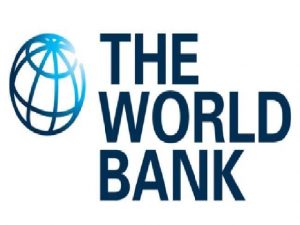World Bank’s Poverty & Equity Brief Report:

The World Bank’s Spring 2025 Poverty and Equity Brief report praised India for lifting 171 million people out of extreme poverty from 2011-12 to 2022-23, lowering the extreme poverty rate from 16.2% to 2.3%.
- This highlights India’s dedication to inclusive development through welfare schemes, and improved access to essential services.
Highlights:
- Rural and Urban Poverty Reduction: Extreme poverty in India fell significantly, from 18.4% to 2.8% in rural areas and from 10.7% to 1.1% in urban areas between 2011-12 and 2022-23.
- In 2011-12, the five most populous states- Uttar Pradesh, Maharashtra, Bihar, West Bengal, and Madhya Pradesh accounted for 65% of India’s extreme poor. By 2022-23, these states contributed to two-thirds of the overall decline in extreme poverty.
- The report highlighted a decline in non-monetary poverty, with India’s Multidimensional Poverty Index (MPI) dropping from 53.8% in 2005-06 to 16.4% in 2019-21.
- By 2022-23, the World Bank’s Multidimensional Poverty Measure stood at 15.5%, indicating continued improvements in living conditions.
- India’s consumption-based Gini index improved from 28.8 in 2011-12 to 25.5 in 2022-23, indicating a reduction in income inequality.
- Employment rates, especially for women, are rising, and urban unemployment is at its lowest since 2017-18. However, only 23% of non-farm paid jobs are formal.
- Despite 31% female employment, there are still significant gender gaps, with 234 million more men in paid work.
- Progress at Lower-Middle-Income Level: At the USD 3.65 per day poverty line, India’s poverty rate dropped from 61.8% to 28.1%, lifting 378 million people out of poverty.
- This reflects that the benefits of economic growth have reached the lower-middle-income groups in both rural and urban areas.




